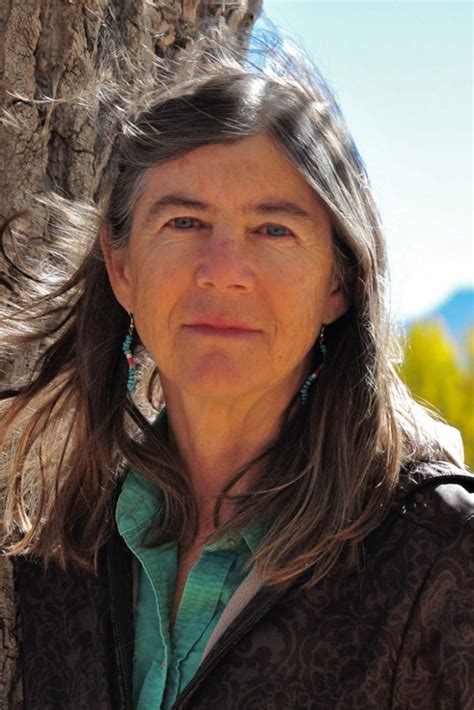A Quote by Nikki Giovanni
The poet can only write the poems; it takes the reader to complete the meaning.
Related Quotes
I want each poem to be ambiguous enough that its meaning can shift, depending on the reader's own frame of reference, and depending on the reader's mood. That's why negative capability matters; if the poet stops short of fully controlling each poem's meaning, the reader can make the poem his or her own.
My poems are certainly in the lyric tradition, but perhaps a reader can tell me more precisely who I am as a poet. How can I be so old and not know? I have always been deeply grateful for the urge to write, the desire to create, that's certain. Writing has always been the way I make sense of life. Perhaps my poems define me, rather than the other way around. They do constantly surprise me.
Robert Frost says in a piece of homely doggerel that he has hoped wisdom could be not only Attic but Laconic, Boeotian even - "at least not systematic"; but how systematically Frostian the worst of his later poems are! His good poems are the best refutation of, the most damning comment on, his bad: his Complete Poems have the air of being able to educate any faithful reader into tearing out a third of the pages, reading a third, and practically wearing out the rest.
Another trouble with poetry - and I'm gonna stop the list at two - is the presence of presumptuousness in poetry, the sense you get in a poem that the poet takes for granted an interest on the reader's part in the poet's autobiographical life, in the poet's memories, problems, difficulties and even minor perceptions.
My best songs were written very quickly. Just about as much time as it takes to write it down is about as long as it takes to write it...In writing songs I've learned as much from Cezanne as I have from Woody Guthrie...It's not me, it's the songs. I'm just the postman, I deliver the songs...I consider myself a poet first and a musician second. I live like a poet and I'll die like a poet.





































